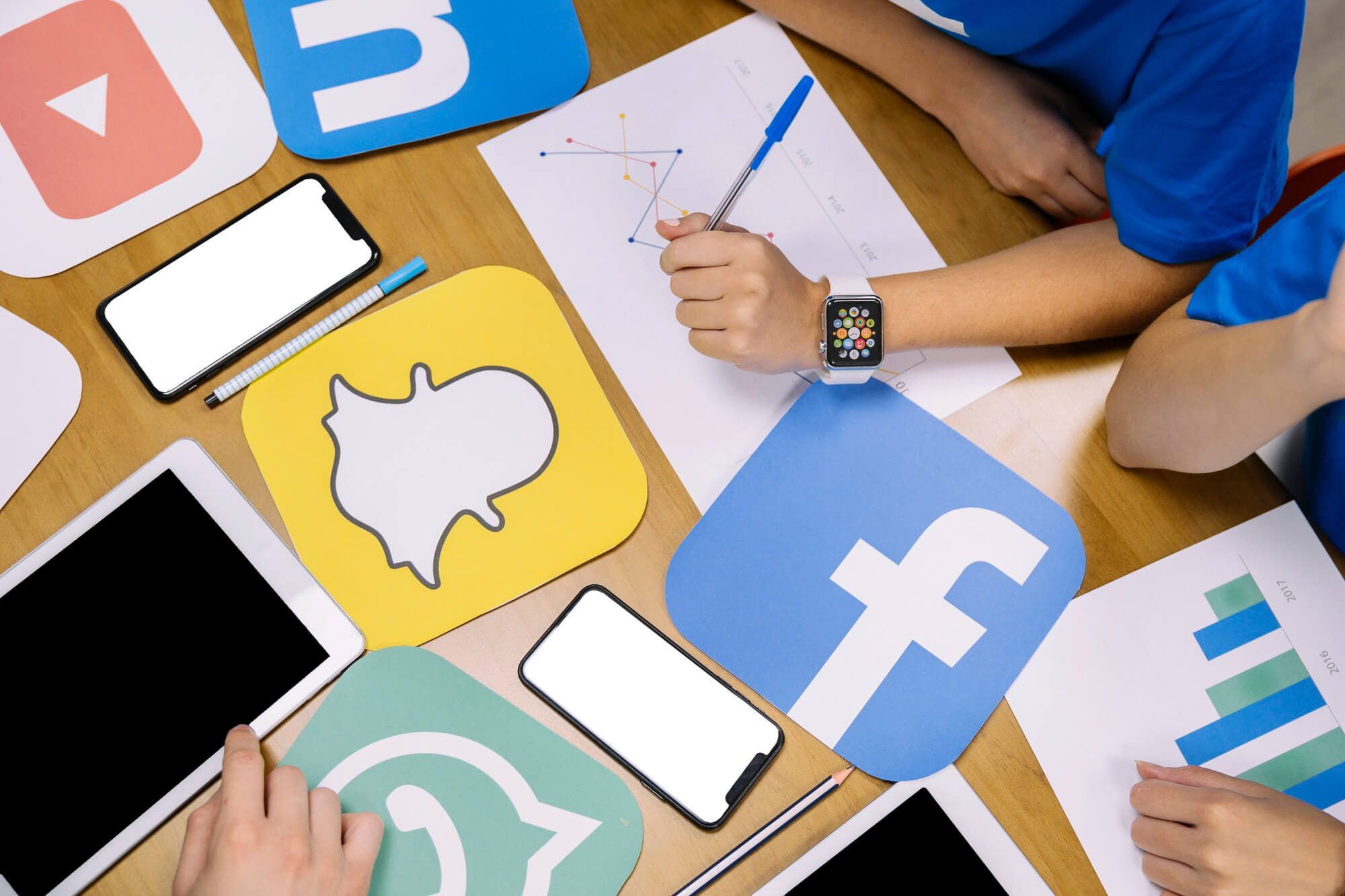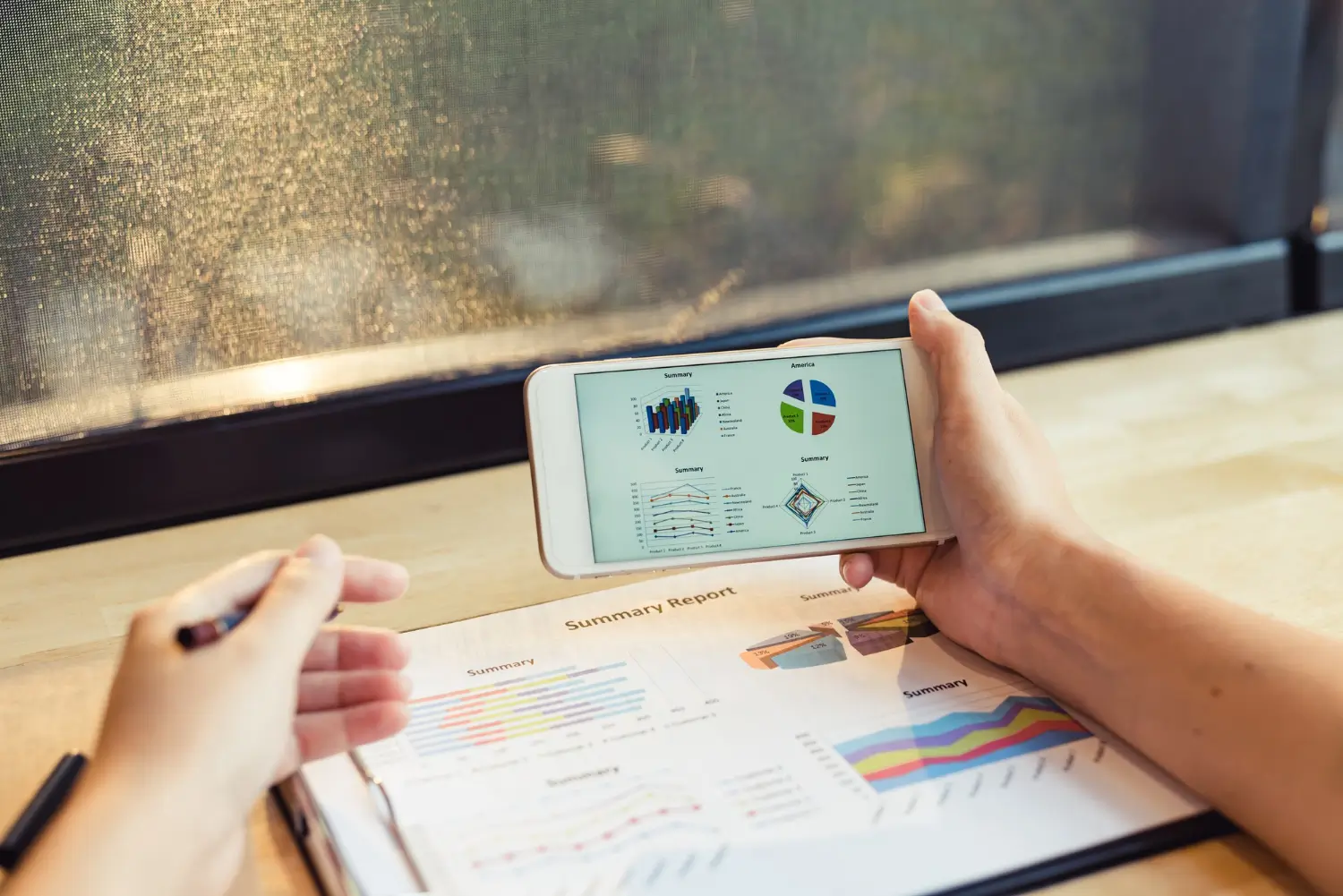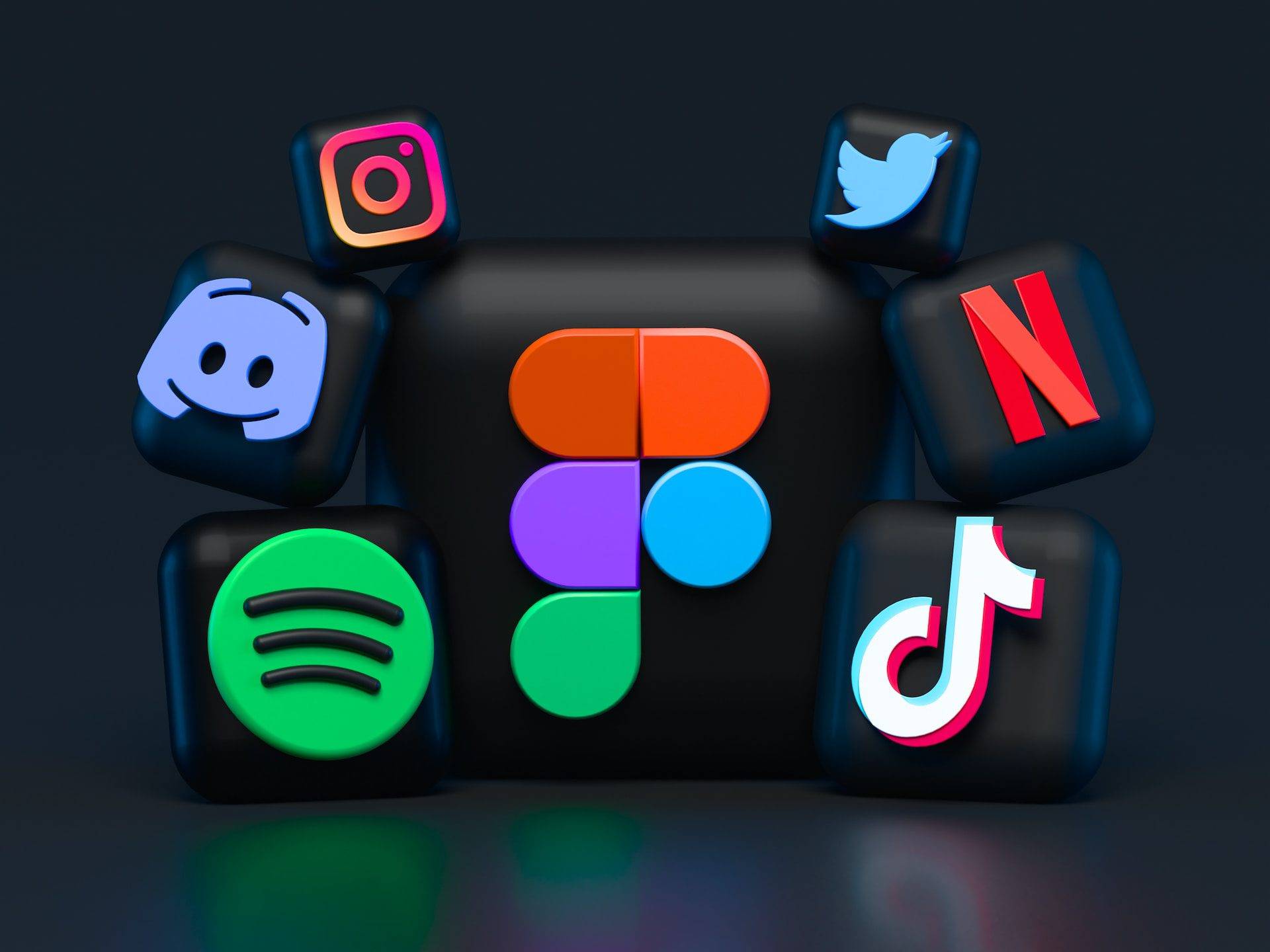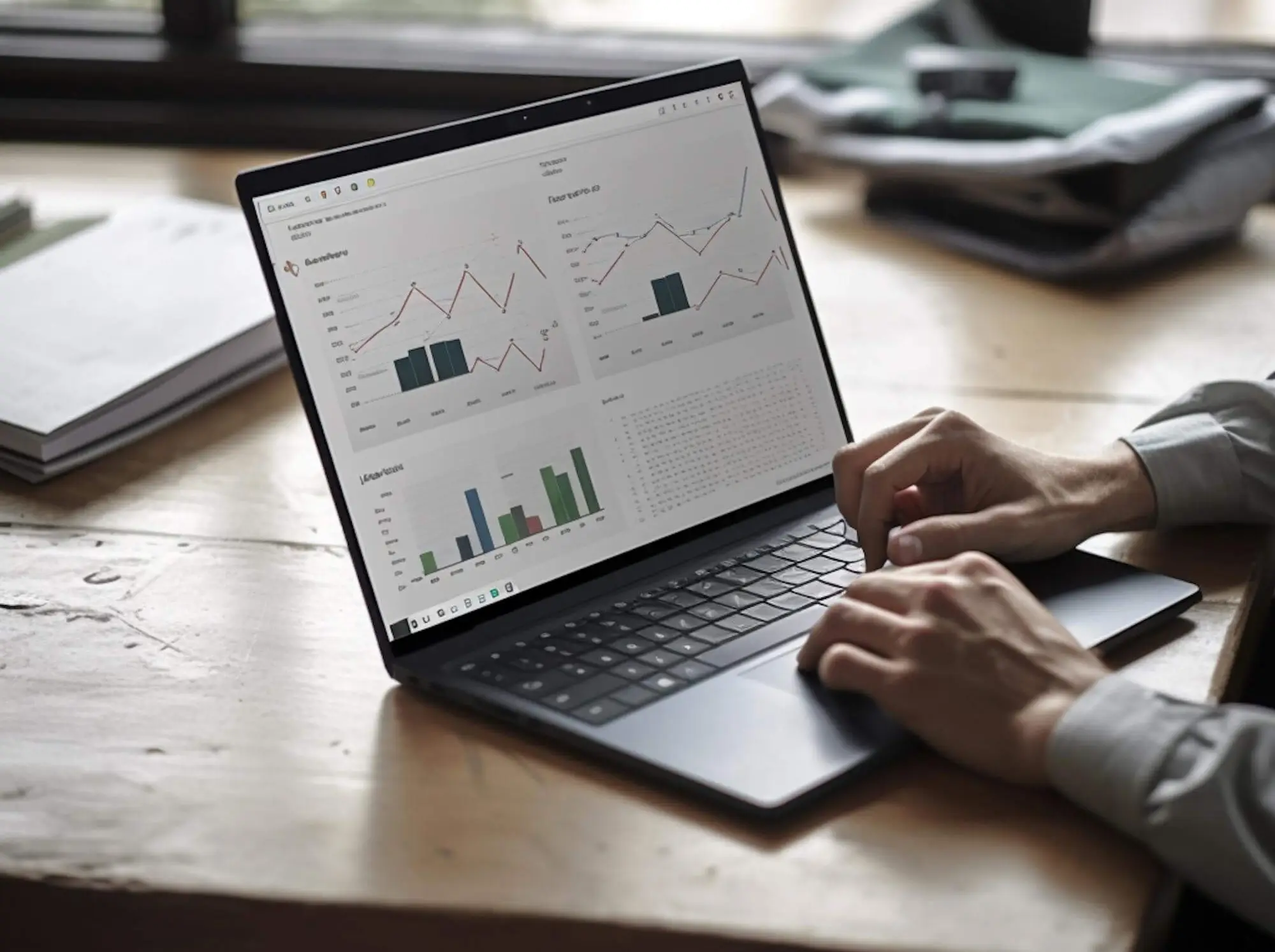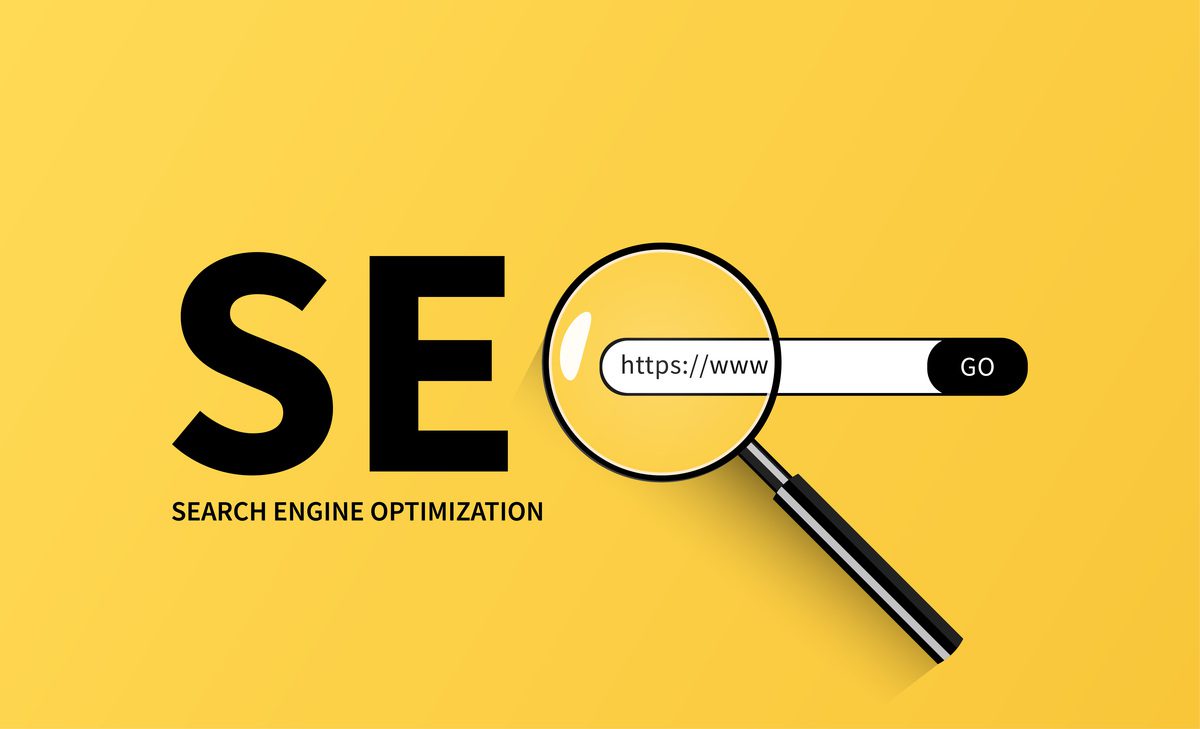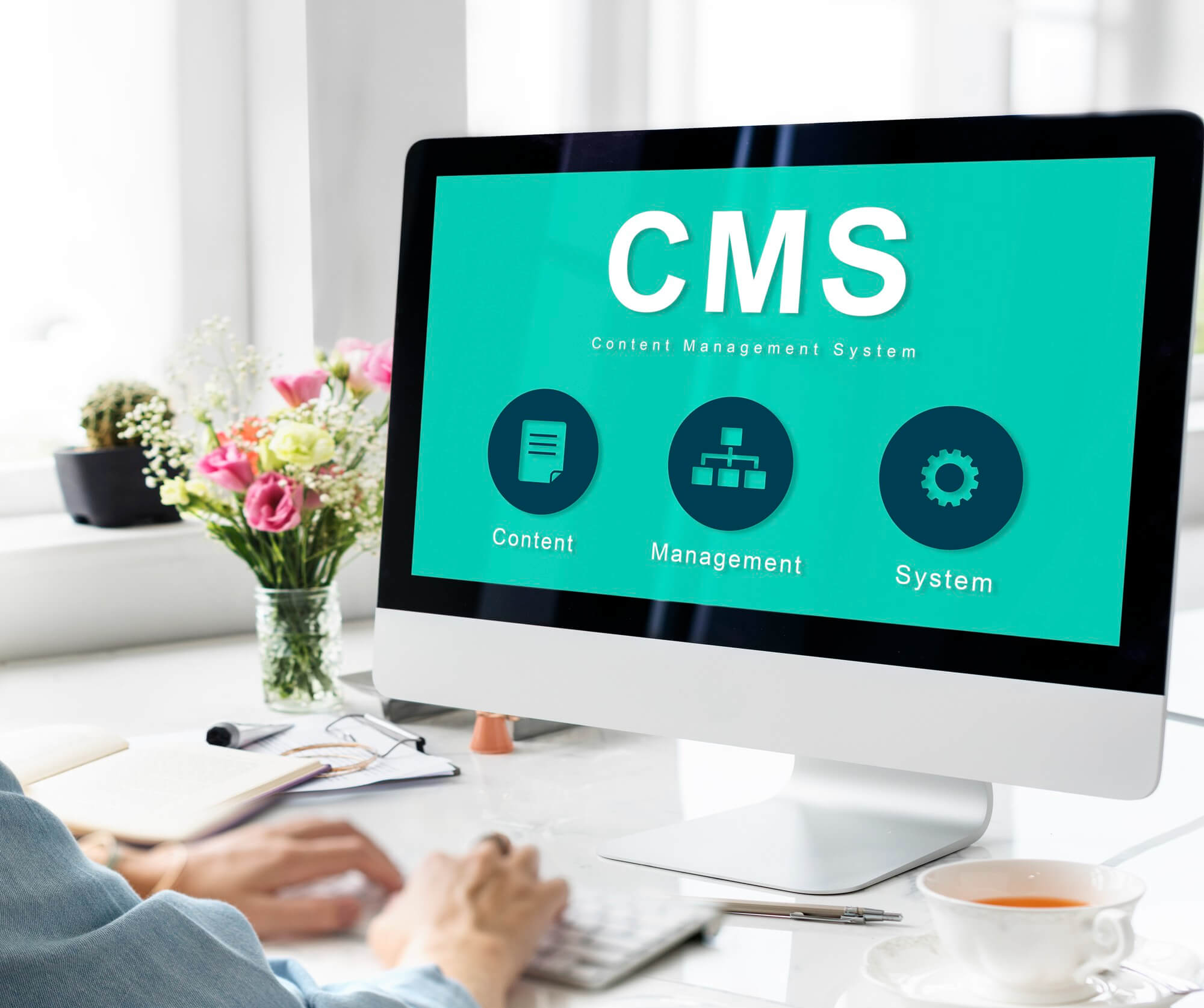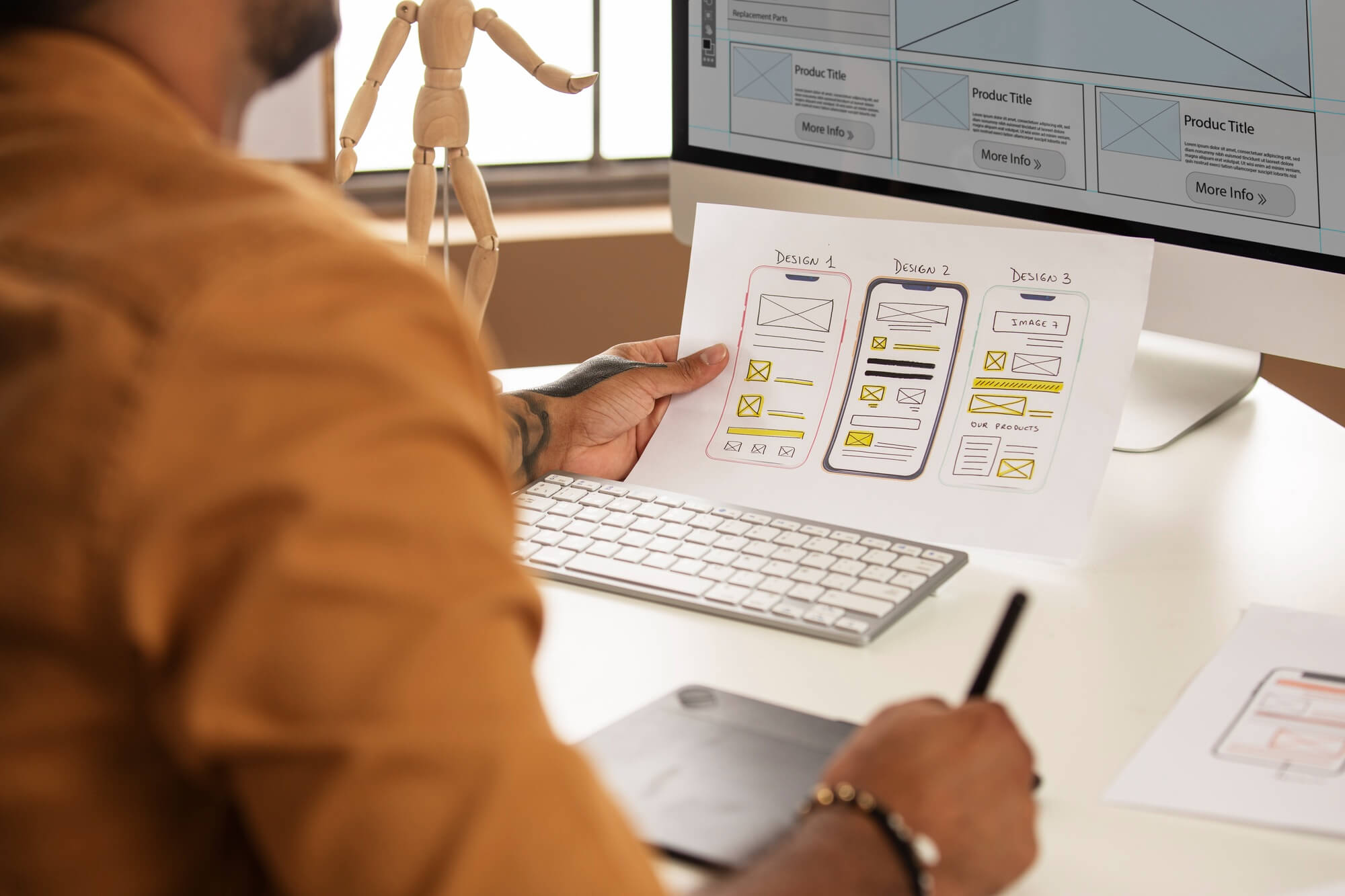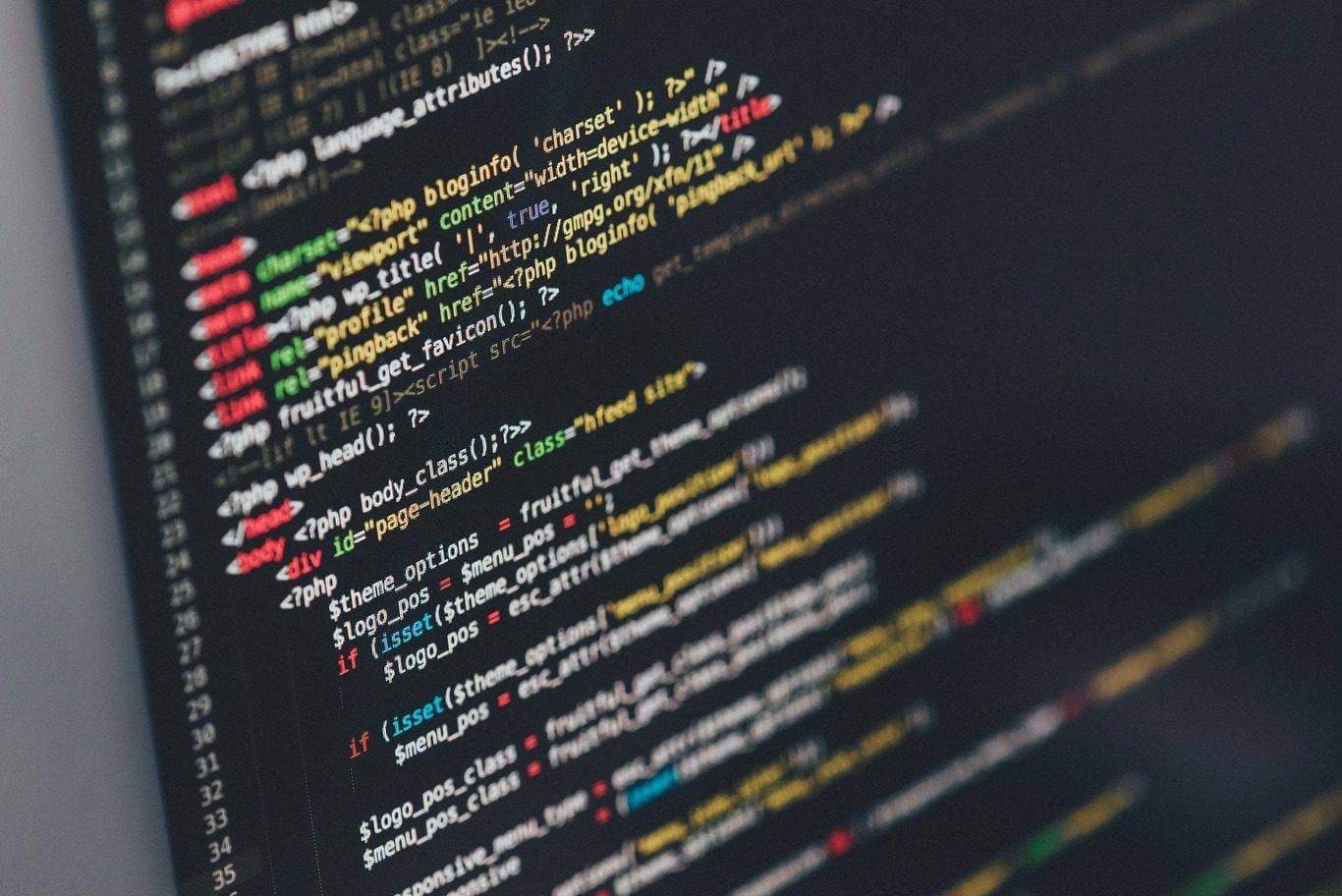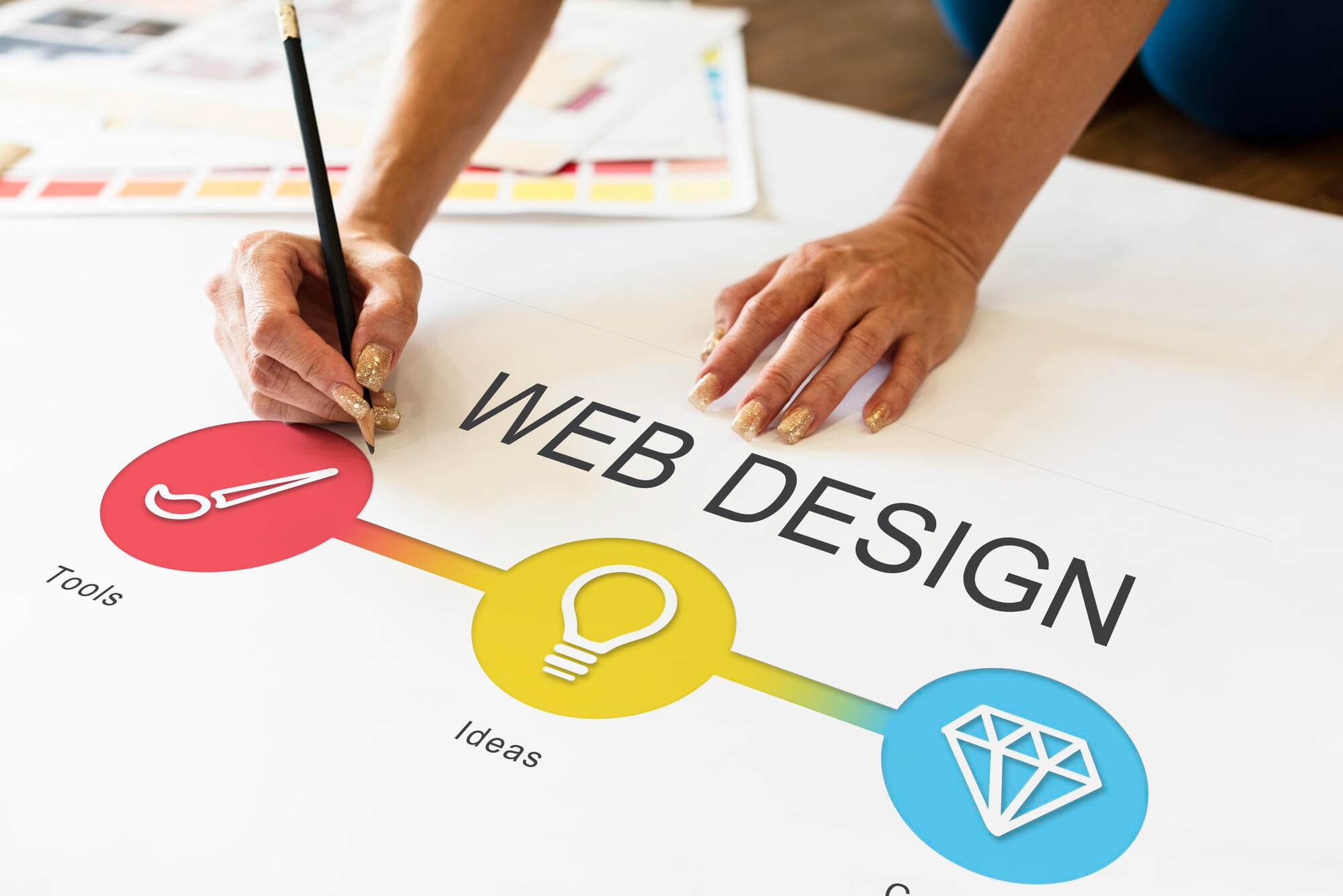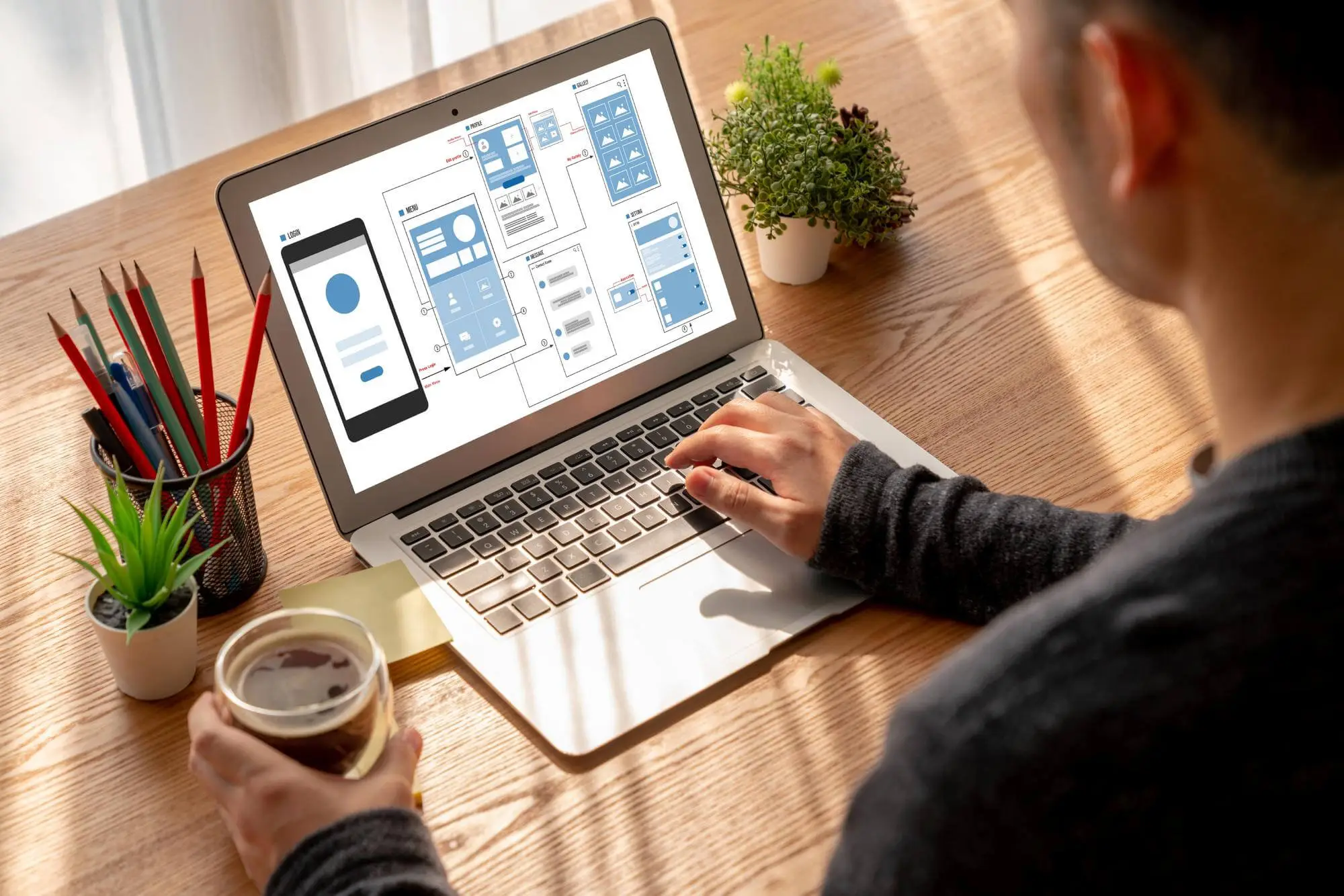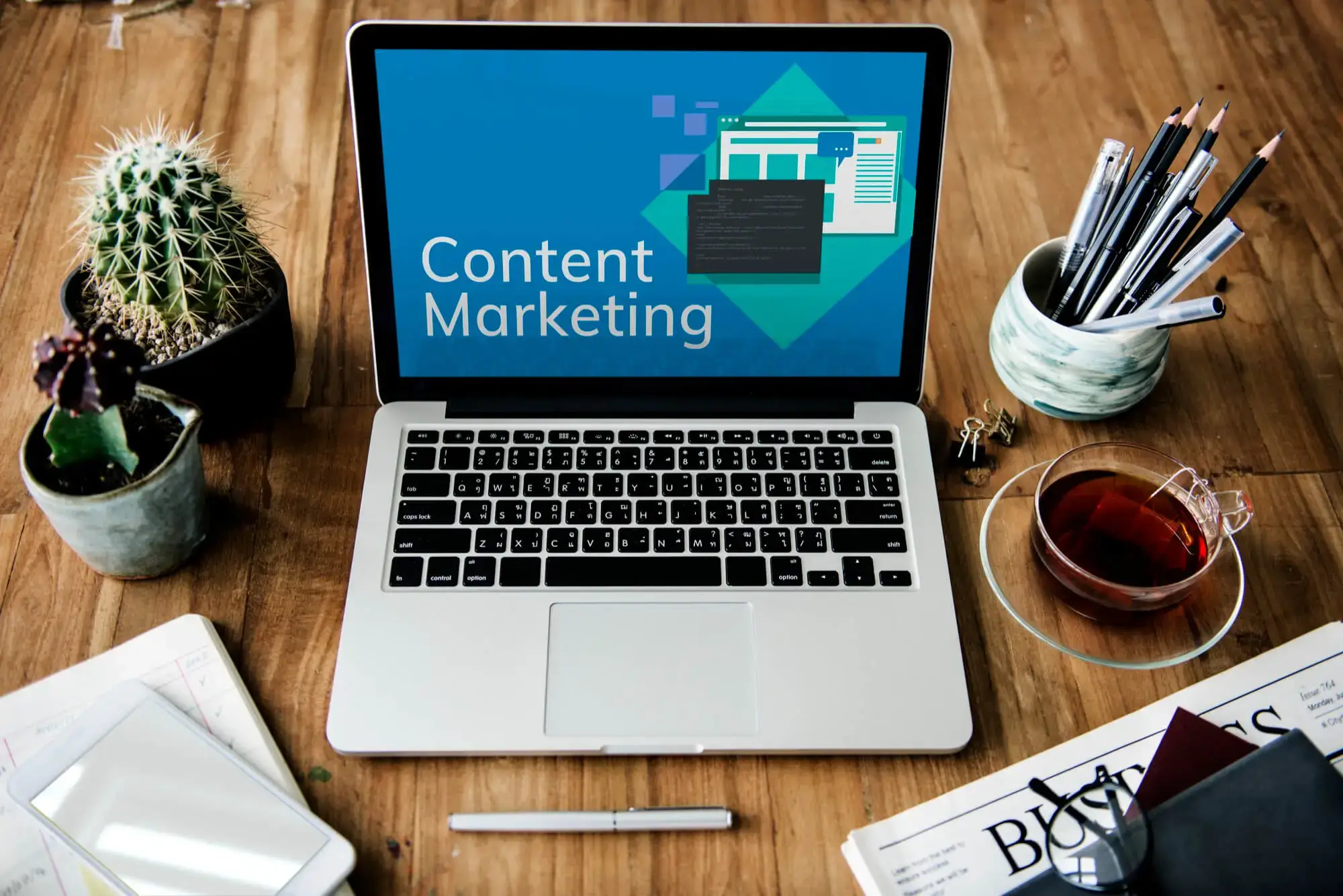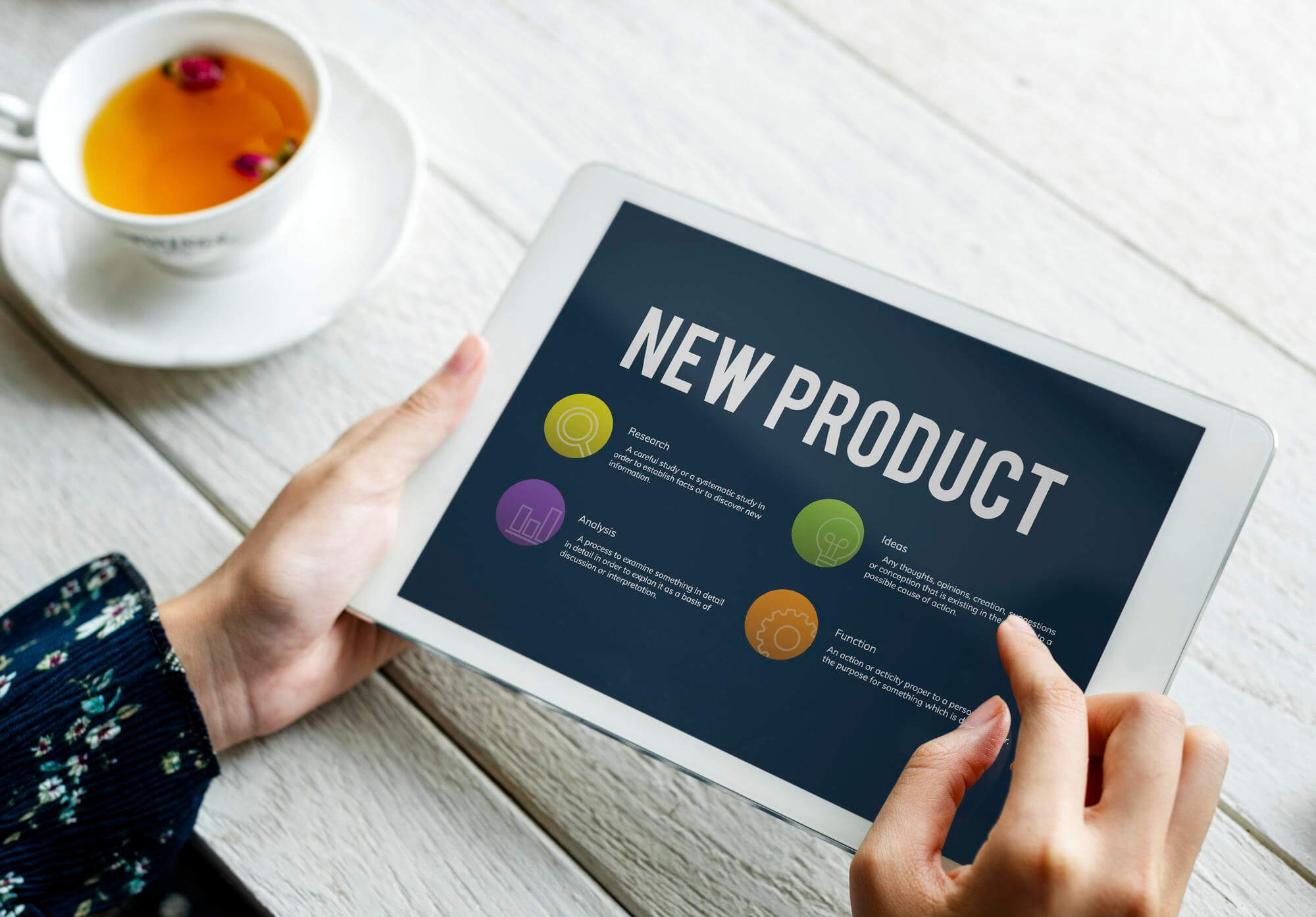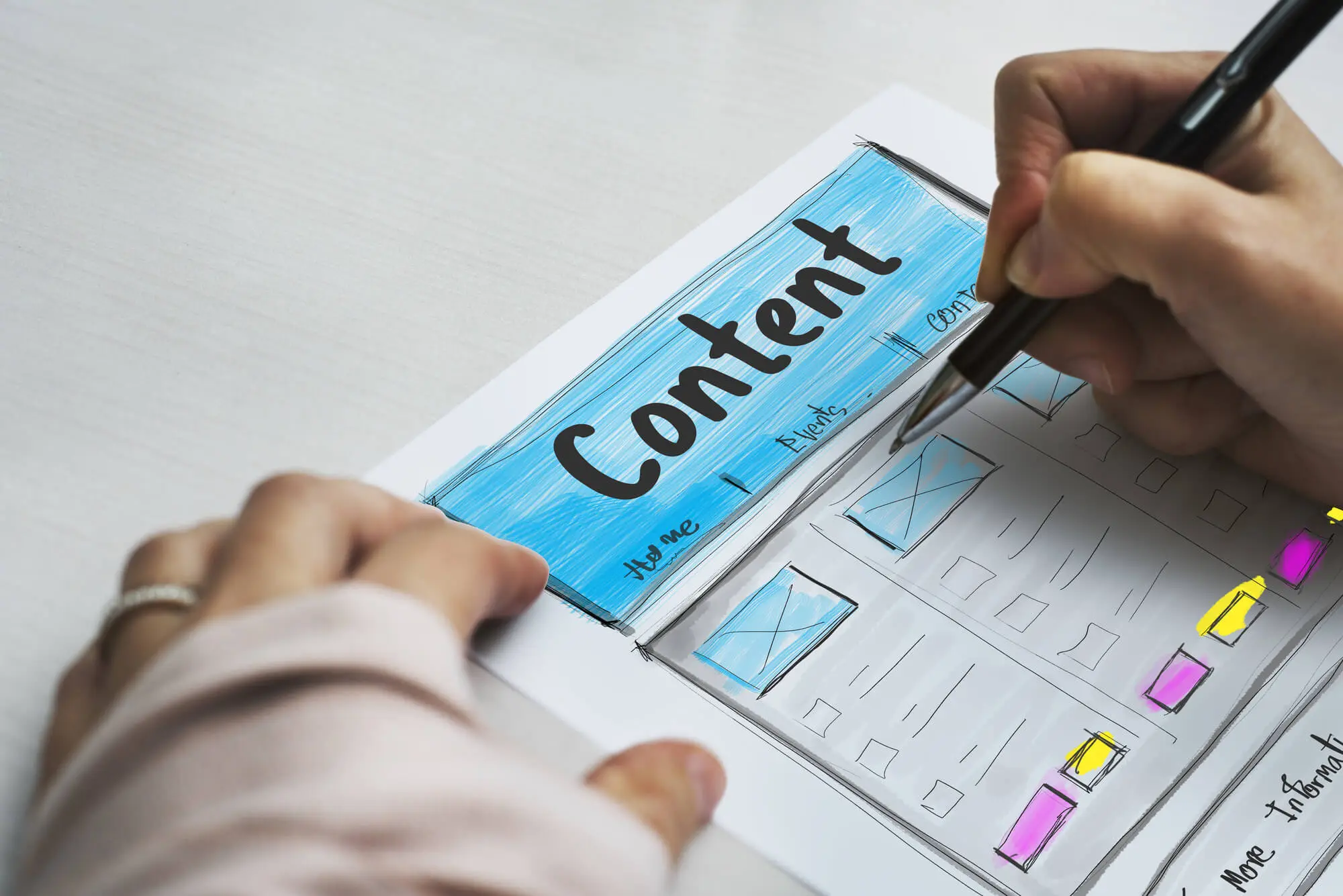In the ever-evolving landscape of technology, mobile applications have become an integral part of our daily lives, offering solutions, entertainment, and connectivity.
As businesses and individuals embark on the journey of app development, a common question arises: How long does it take to build an app? The answer is multifaceted, as the timeline depends on various factors, each influencing the overall duration of the development process. In this blog post, we will delve into the key considerations that impact the time it takes to build an app.
App Complexity and Features
Mobile development features are the foundational elements that determine how long will it take to build it. A basic app development may take less time to build than a complex app which is feature-rich. We need to consider the following aspects when developing a mobile app.
Simple apps cater to basic features with limited functionality and user interface. It takes only a few weeks or a month to complete the simple app development.
Moderate apps are a little complex compared to simple apps as they incorporate slightly complex user interfaces, features, and integration. It may take a few months to half a year to complete an app project with moderate complexity.
Highly complex apps incorporate highly intricate features, user interfaces, advanced functions, and multiple integrations. It might take a year or more to complete these apps for instance; e-commerce or social media apps.
Platform
Choosing the right platform for your app is one of the most crucial decisions that directly affect the timeline of your app development. There are two major platforms Android and iOS that influence your development process. Android apps, while catering to a broader audience, may take slightly longer due to the diverse range of devices, screen sizes, and operating system versions.
Testing and optimization for various Android configurations contribute to extended development timelines.
Building an app exclusively for iOS tends to have a shorter mobile development app timeline. This is because Apple’s ecosystem is more controlled and standardized, leading to a streamlined development process.
Opting for cross-platform development frameworks, such as React Native or Flutter, allows you to create apps for both iOS and Android using a single codebase. While this approach can save time compared to developing separate apps for each platform, it may require additional optimization efforts.
Design and Prototyping
The design phase is a critical aspect of app development that contributes to the overall user experience. This stage involves creating wireframes, designing the user interface (UI), and developing prototypes.
Developing wireframes, which serve as the blueprint for the app’s layout, can take a few weeks. This phase involves defining the structure and navigation of the app.
Crafting visually appealing and user-friendly interfaces is a meticulous process. Depending on the complexity of the app, UI/UX design can take anywhere from a few weeks to a couple of months.
Building interactive prototypes to simulate the user experience and gather feedback is iterative. Prototyping may add a few more weeks to the design phase.
Development and Coding
The development and coding phase is where the app’s features and functionalities are implemented. The timeline for this stage is influenced by front-end development that involves crafting the user interface and implementing the user interactions from the client’s side.
The front-end development takes several weeks to a few months depending on other factors such as design complexity.
Back-end mobile development involves catering the databases, application logic, and server-side operations with complex coding. The timeline for the development and coding might take a few months to a year.
Feature integration involves third-party integrations that affect the timeline of the development process, especially complex coding integration.
Testing and Quality Assurance
This phase involves the identification of errors and rectifying them before releasing the application to end-users. Functional testing is the process of verifying that all features work as intended is a meticulous process. Functional testing can take several weeks, with additional time needed for bug fixes.
Performance testing involves assessing the app’s performance under various conditions, such as different devices and network speeds, which can add a few weeks to the testing phase.
Security testing is conducting thorough security audits to identify and address vulnerabilities is crucial. Security testing may extend the testing timeline.
Deployment and Release
The release of an app is the final phase where the app is made available to the people. The app launch campaign ensures a seamless user experience. App store submission takes place in the Google Play Store or Apple App may take a few days to weeks to consider the review process.
Promotion and marketing included in your marketing strategy will extend the timeline of the process.
The pre-launch campaign will allow you to reach the target audience before the launch. Addressing feedback and providing support to the audience is an ongoing process that contributes to the post-launch activities.
Conclusion
Identifying the factors affecting the app development process will allow you to estimate the timeline of your application development.
The complexity of features, platform, design, development, testing, and deployment processes may affect your app’s time to launch on the app stores. Successful app development is not possible without implementing the best development practices and agile approach.













